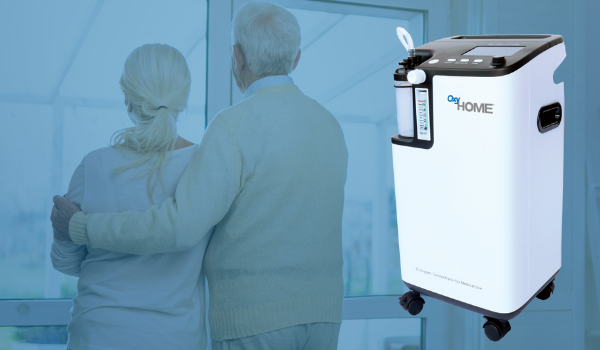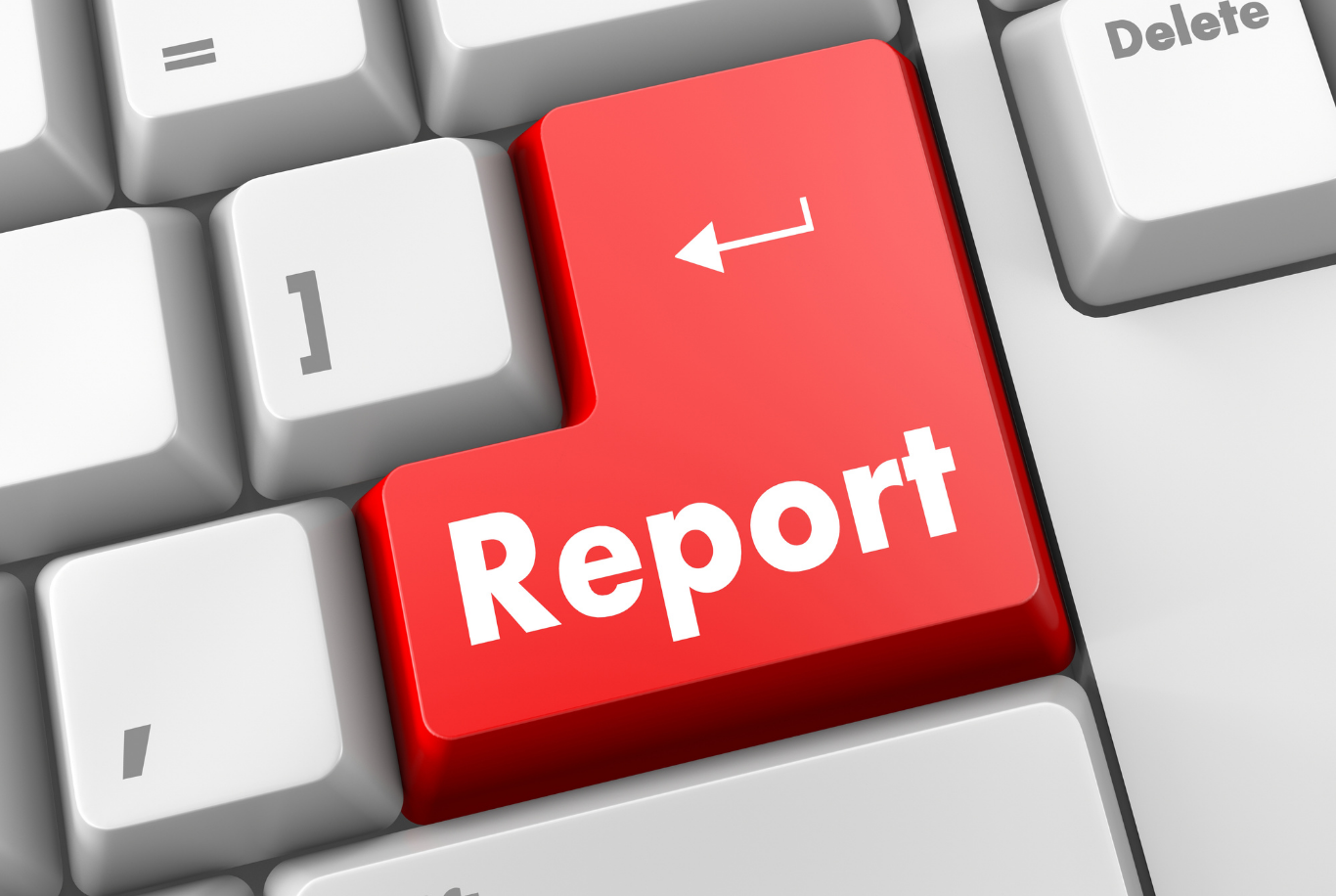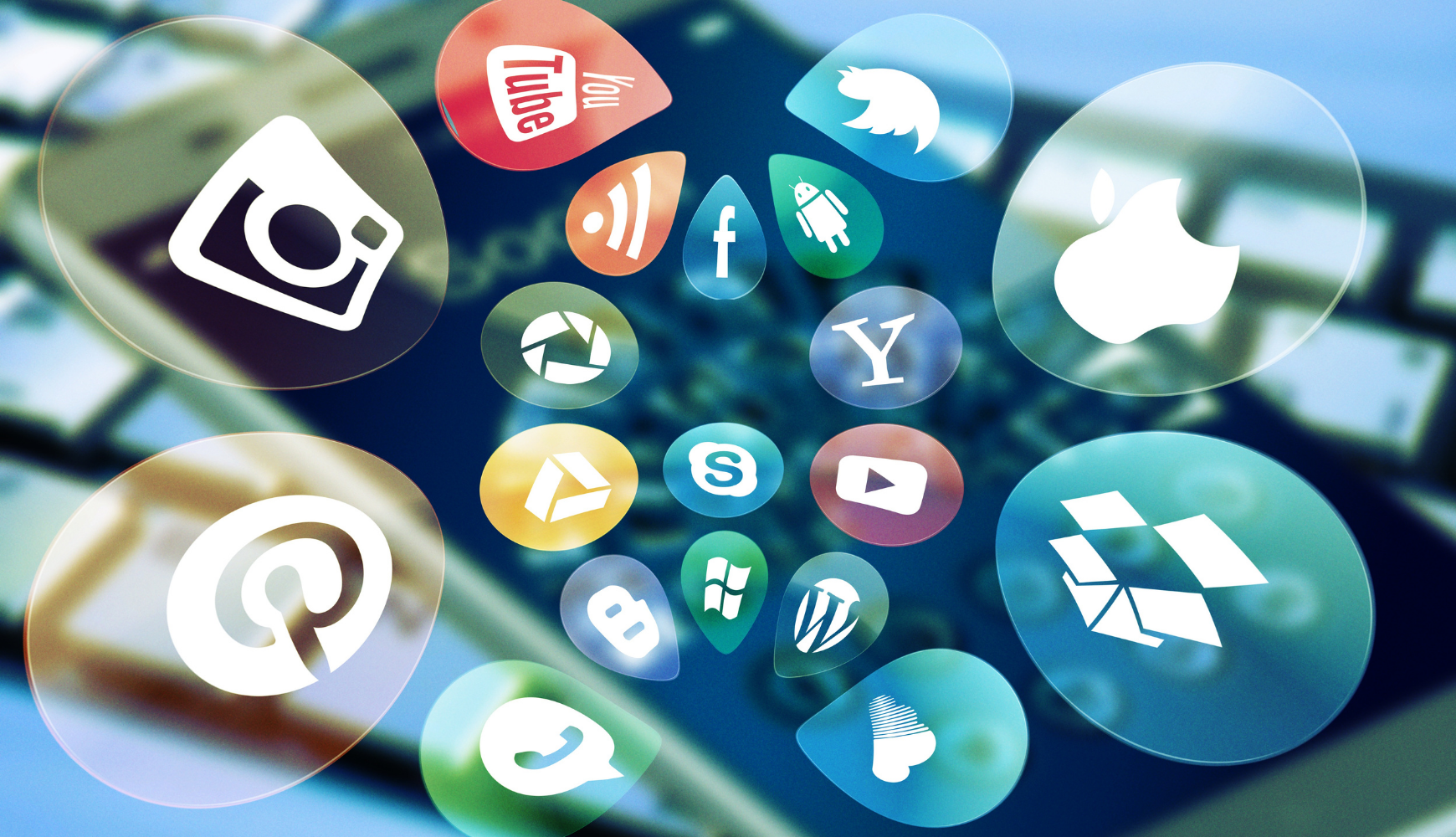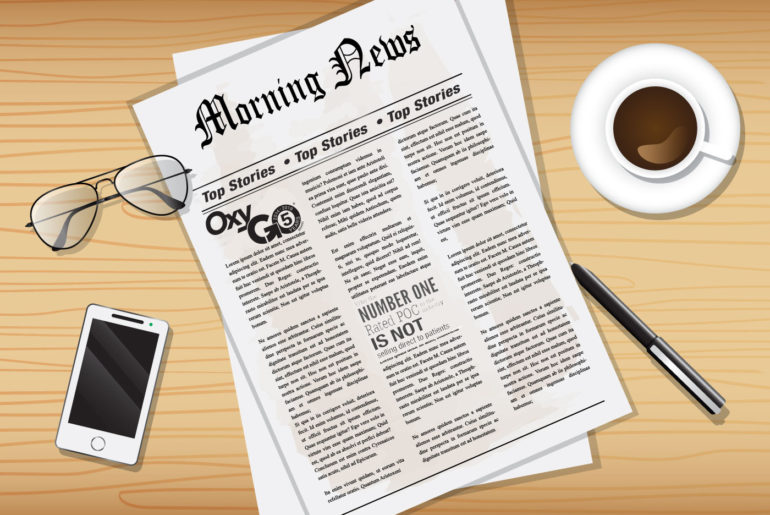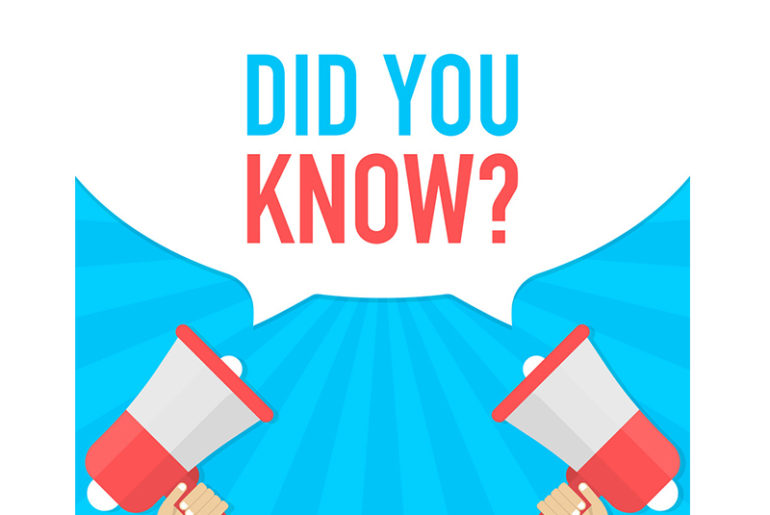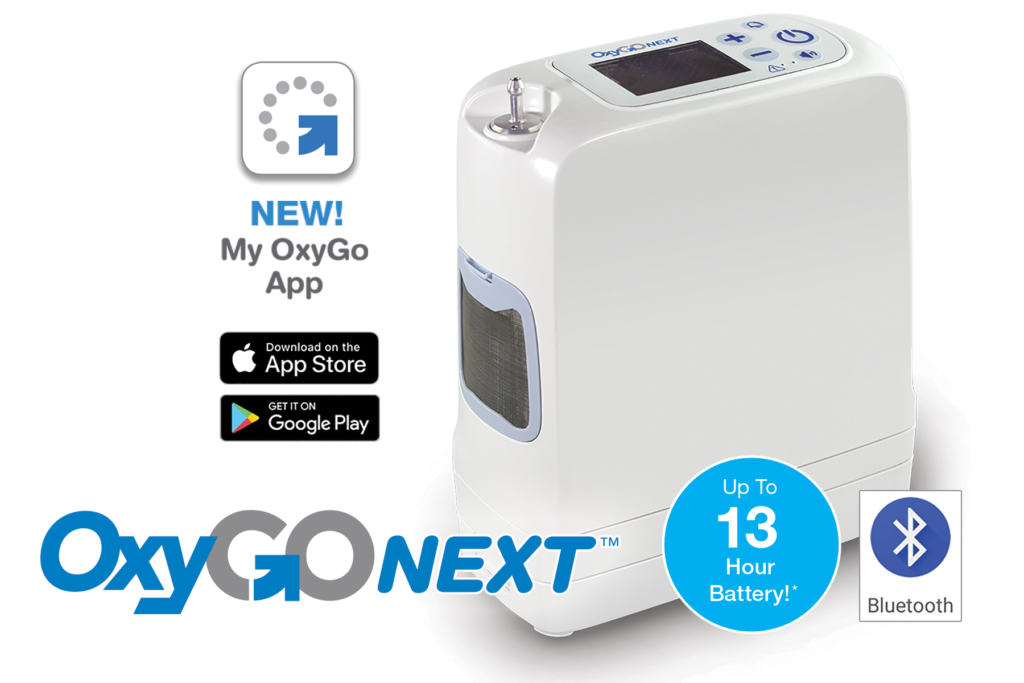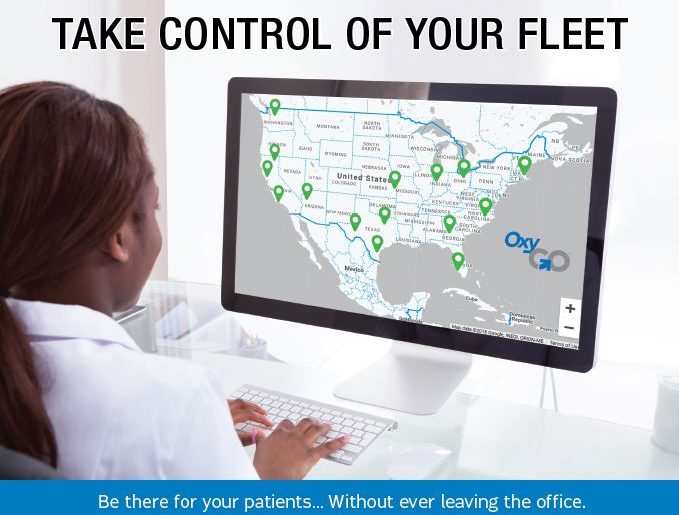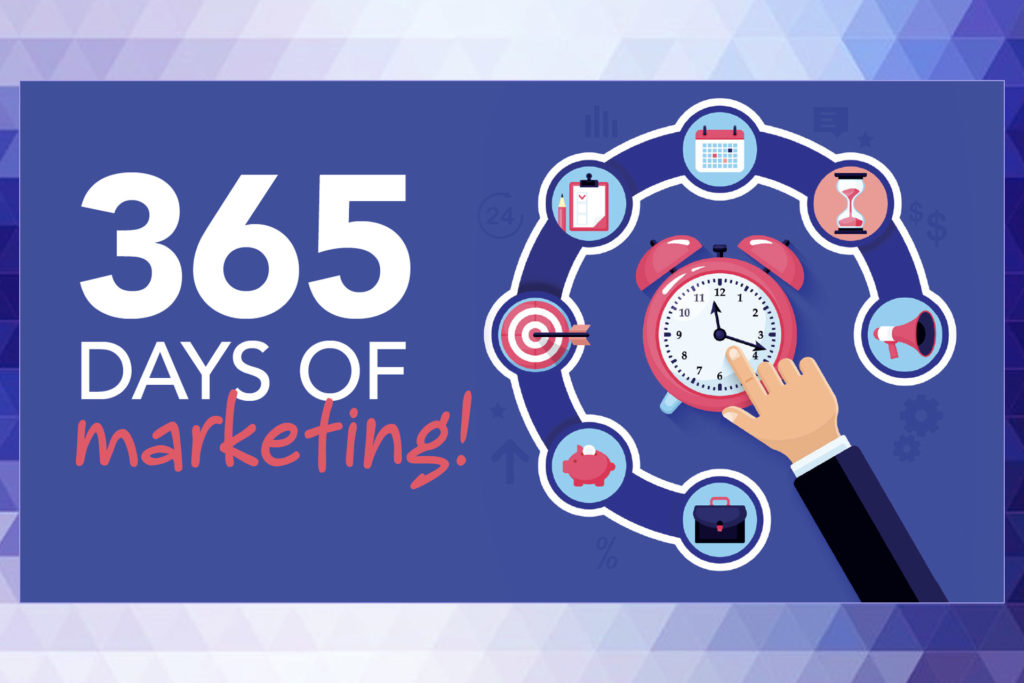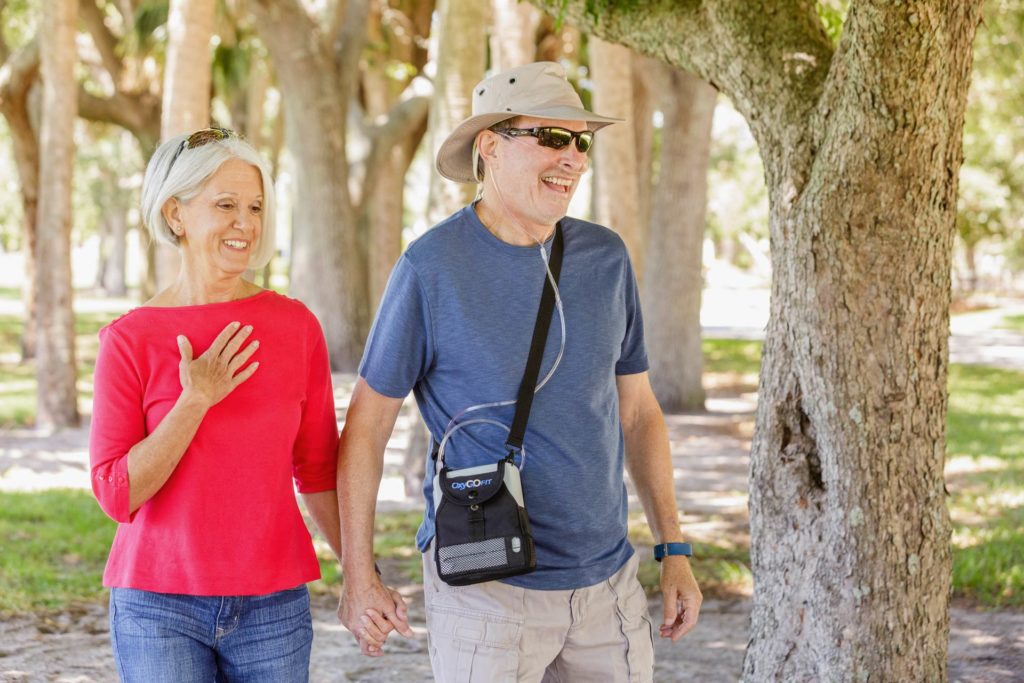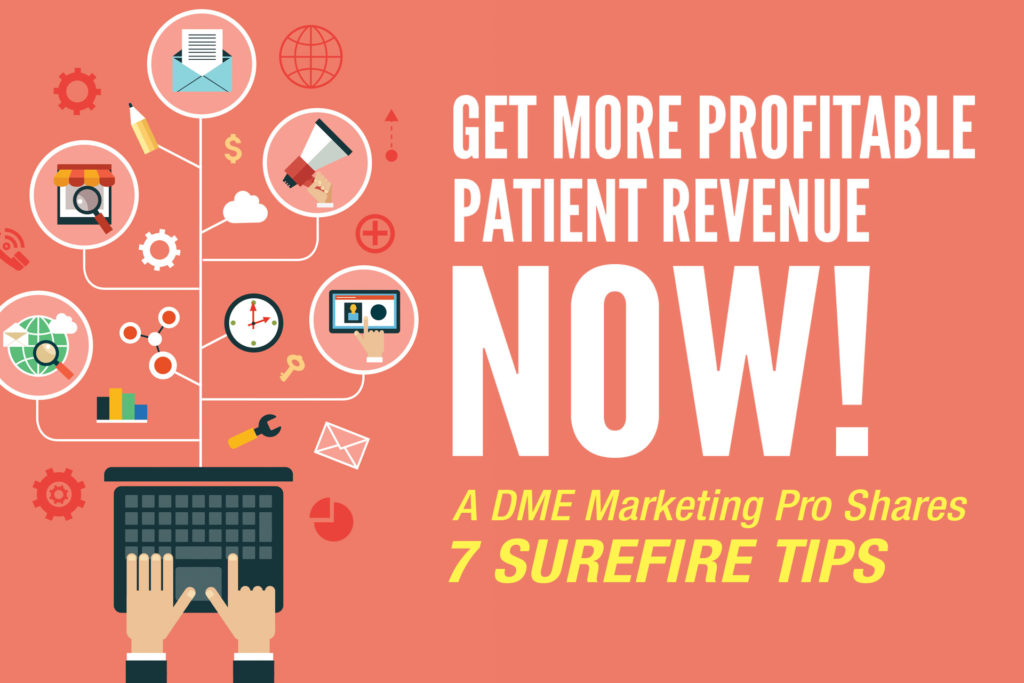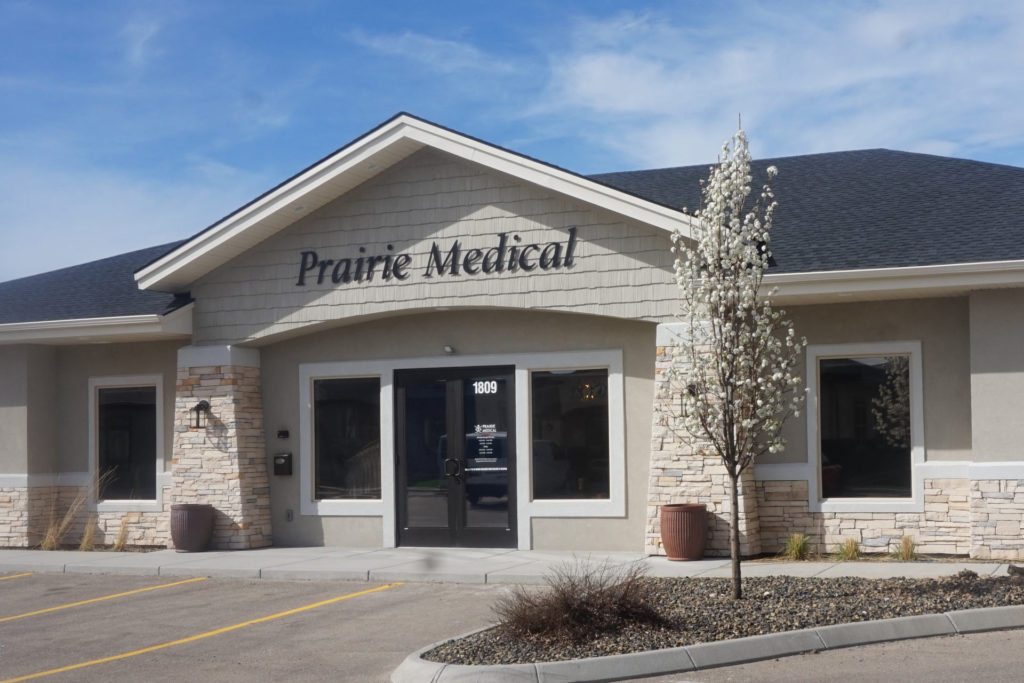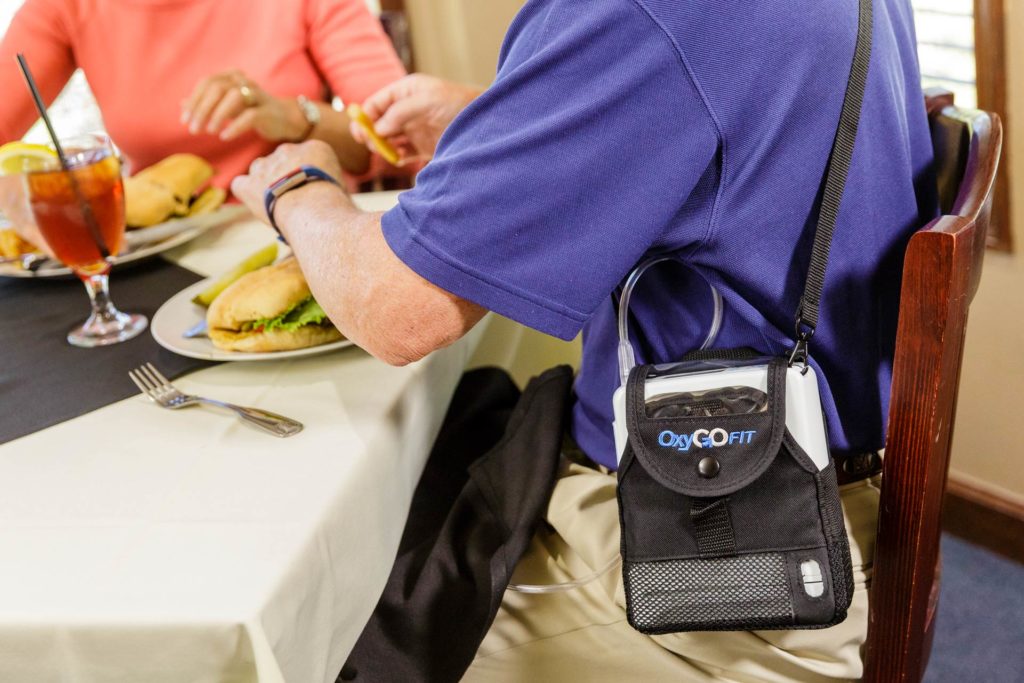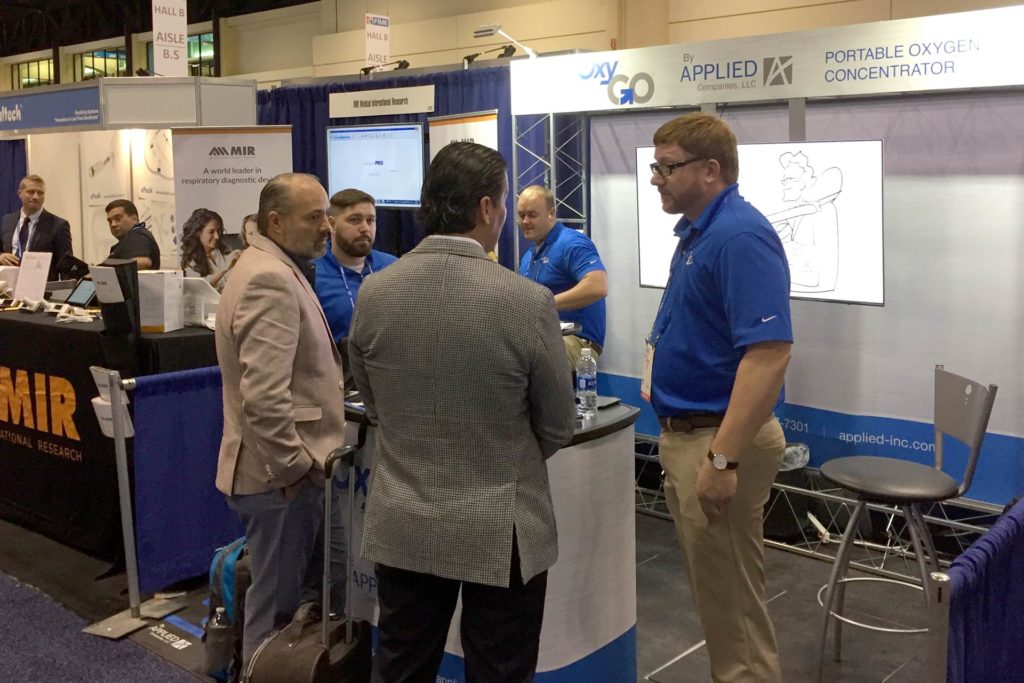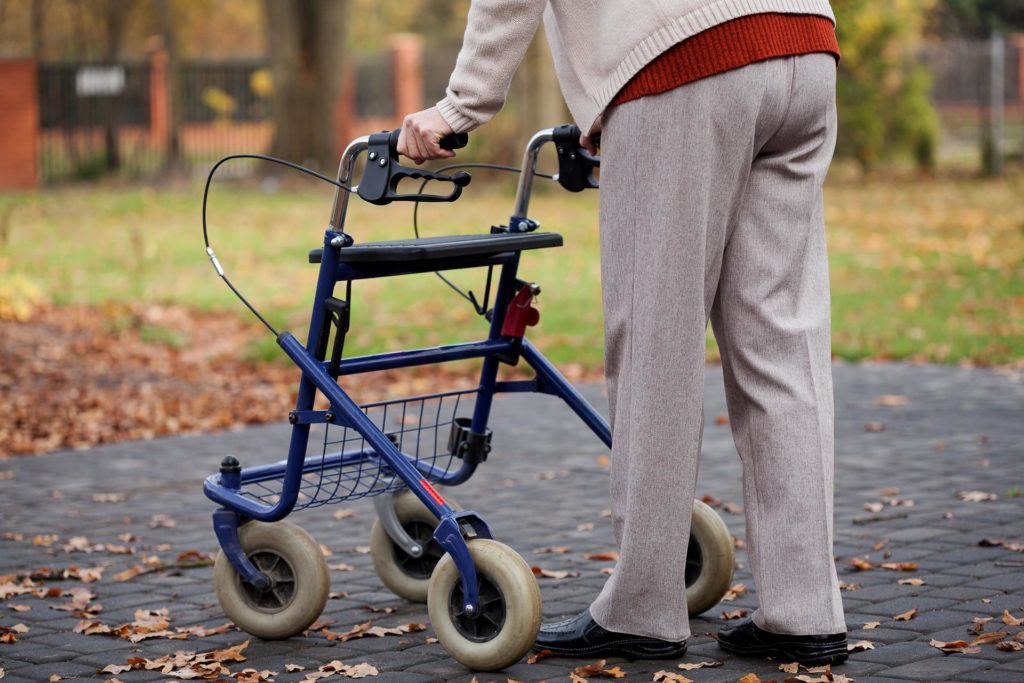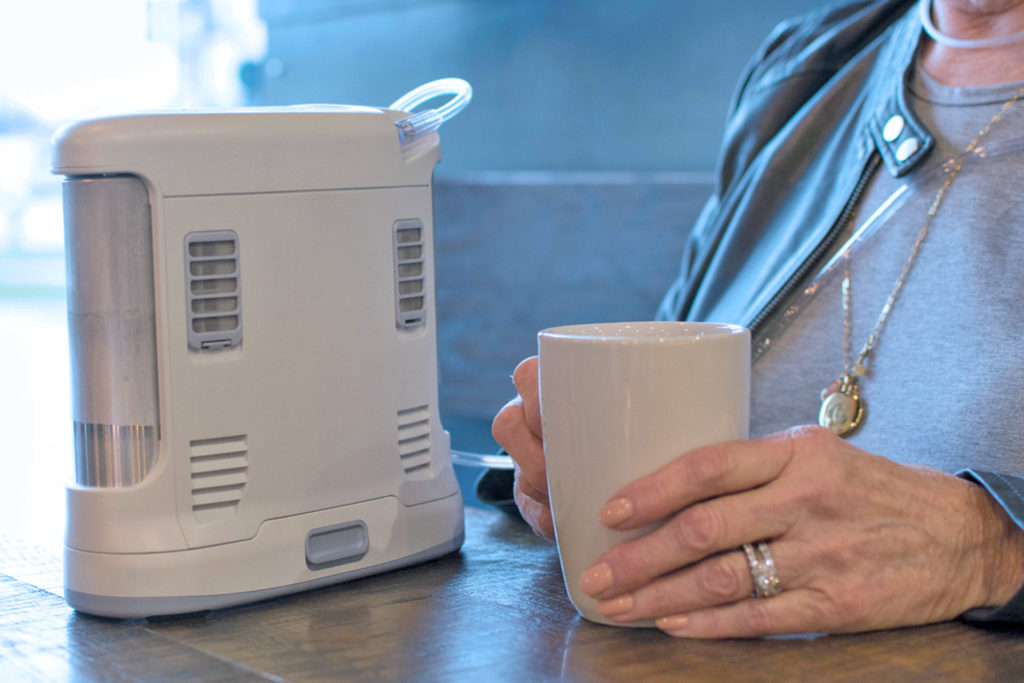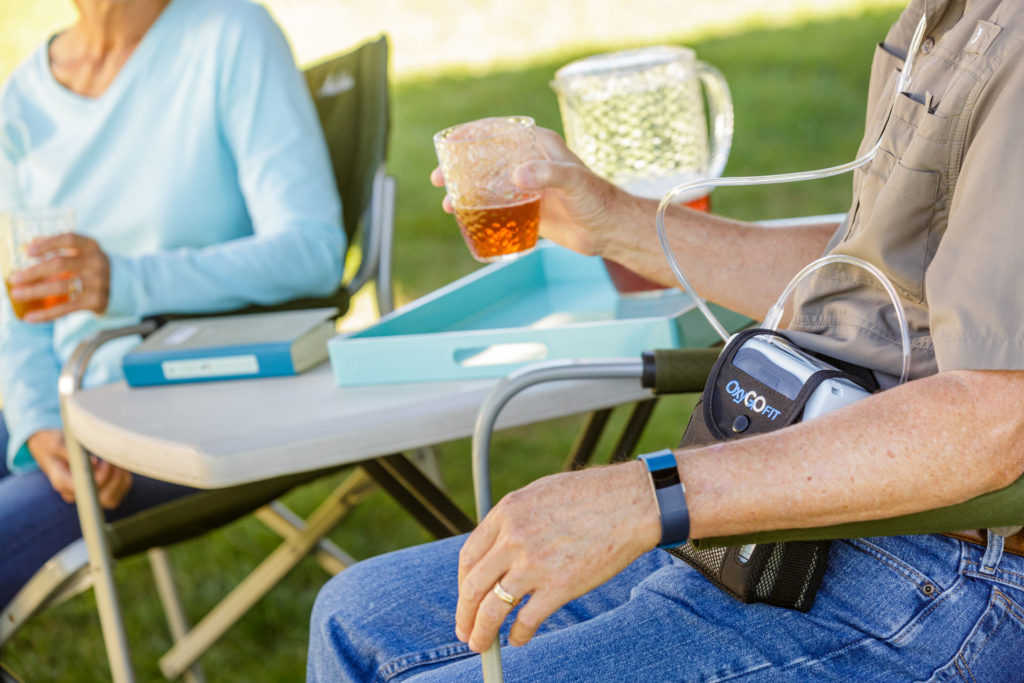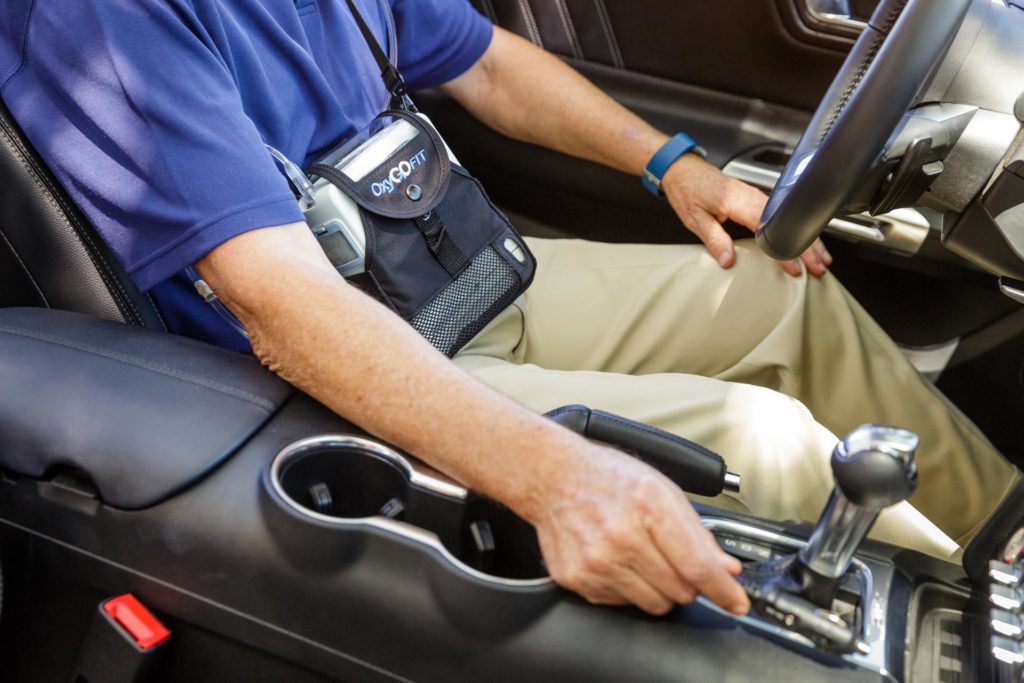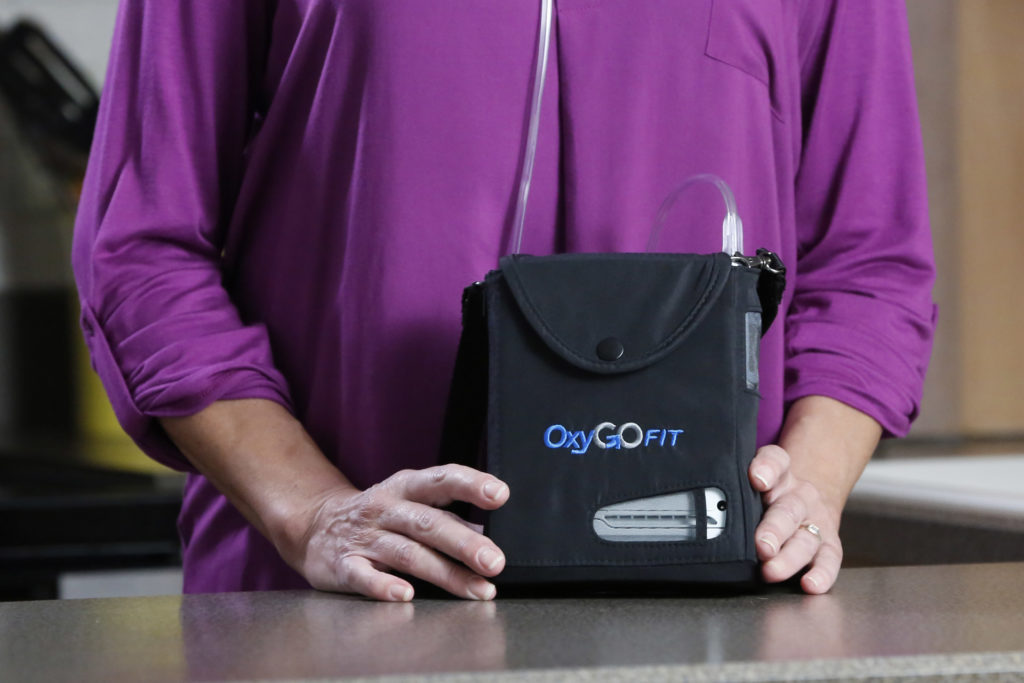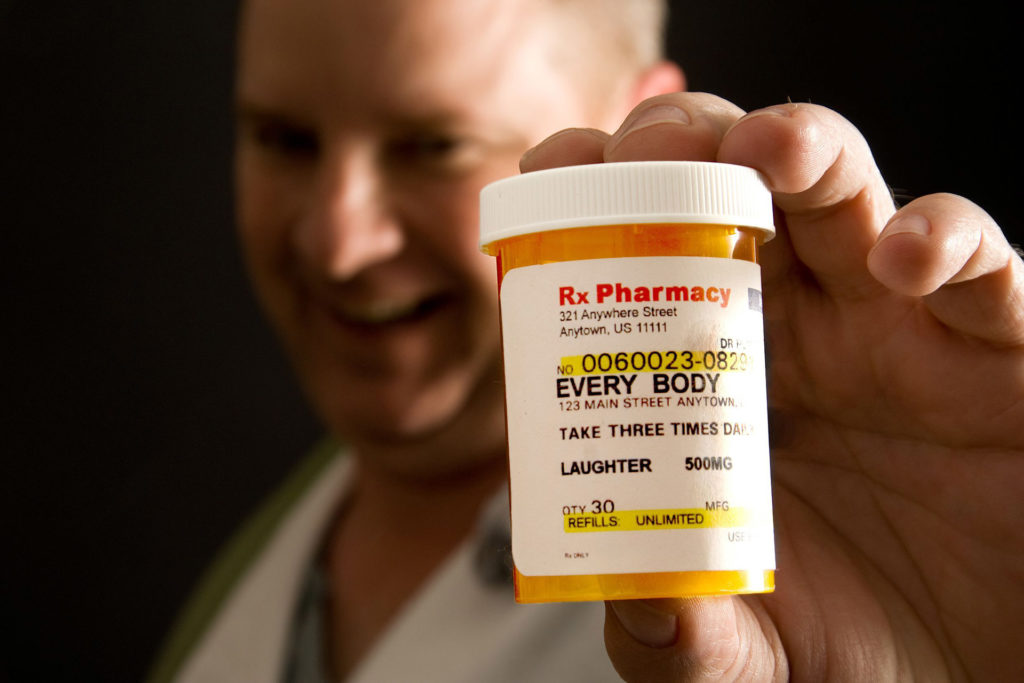Reduce Your Risk of Being Hacked

10 proven tech tips for every home healthcare DME
Benjamin Franklin was addressing fire prevention, not healthcare, when he coined the famous axiom “An ounce of prevention is worth a pound of cure.” But I can see his thinking clearly applying to our homecare industry today. In the case of being hacked, one could modify Ben’s saying to: “An ounce of prevention is worth many thousands and even millions of dollars of cures.”
As the CEO and owner of Applied Home Healthcare Equipment, I have had the good fortune to visit many home healthcare businesses across the U.S. Virtually all them seem to share a passion for going the extra mile to serve their patients. But great service doesn’t defeat hackers from targeting your business.
In my visits I have heard on more than a few occasions how lax email practices have caused anguish and regret.
My son is a computer expert/ consultant who has worked for IBM and Google. He grew up with computers and has taught me a lot about the need for careful email handling. Here are ten rules I have learned from him, and from my own personal experience in serving the heathcare industry, about email safety. These precautions could save you much aggravation and many lost income dollars, if followed.
Never put anything sensitive in an email that you wouldn’t want to see in your local newspaper.
This is true even if you have been guaranteed the email is secure from national media, television, radio, blogs, newspapers, other media, and from the hands of competitors.
Never share personal information such as dates of birth, social security numbers, bank accounts, credit card numbers, even graduation dates, etc. in an email.
Never respond to someone requesting such information. Legitimate entities know email is not secure and will never request you supply this kind of information by email.
Never open email attachments you can’t be sure are authentic.
Be careful and prudent about opening email attachments even from family and friends. Your family and friends can be fooled too. Phishing, malicious code, spyware, etc. comes in masked as photos, chain emails, jokes, etc, usually from someone you know. Also, never forward chain emails, photos you might have received even from friends & family as they may contain malicious viruses and more. Use family photo streams, recognized online photo albums.
Don’t visit websites unknown to you.
Unknown websites and websites masquerading as legitimate websites, can and will download malicious code, botnets, and spyware. If in doubt don’t visit.
Use advanced passwords, change them often, and don’t use the same password on multiple sites.
Hackers often create phony emails to get password information and many users still employ the most common passwords such as 123456789, baseball, football, batman, dragon, trustno1, etc. Wedding anniversaries, names of children, your birthday, home address, etc., are easily deduced.
The longer the password, with a mixture of capital letters, numbers and funky punctuation, the better. Hackers using algorthyms can crack a password such as “blue” in about ¼ of a nanosecond. A password such as “16WeldingflamaesareBurningBrighltly;2night” is more secure than even a reasonably strong password such as “Kdu91A5”.
Change your behavior.
Share a little less like birth, graduation dates, schools & universities, etc. on social media as these can be used to assess your information. Think about your last 10 years online at sites such as Friendster, MySpace, etc. and delete these old accounts because they can be a source of information and access into your life.
Act swiftly if you are hacked or think you may have been.
Don’t wait to take action; immediately change your passwords at email accounts, banks, credit cards, and if you have a service, notify them. Hacking can cause enormous damage to you, your family, business, reputation, and anyone you have a relationship with.
On public WI-FI? Don’t share personal data.
Are you booking a flight, checking your bank account, paying bills, while sitting in a coffee shop? You really have no idea how secure that connection is. Security researchers found some of the world’s biggest hotel chains are vulnerable to attack. Be judicious when working or surfing the Internet.
Consider using two-factor authentication.
As more and more on-line retailers are hacked, the likelihood of your password being leaked increases. Once hackers get passwords they try to determine which personal accounts they can access.
Be careful — and suspicious.
The best prevention is awareness. Legitimate firms will not ask for personal information via email. Make sure you’re using the real website you sought, not something made to look like it. If it is too good to be true, it probably isn’t true.
As Mark Twain once famously said: “A lie can travel halfway around the globe, before the truth can get its shoes on.”
RELATED POSTS
